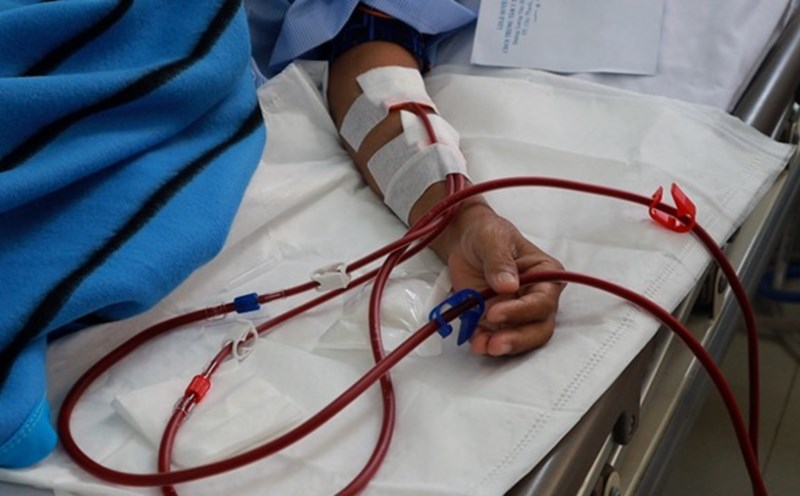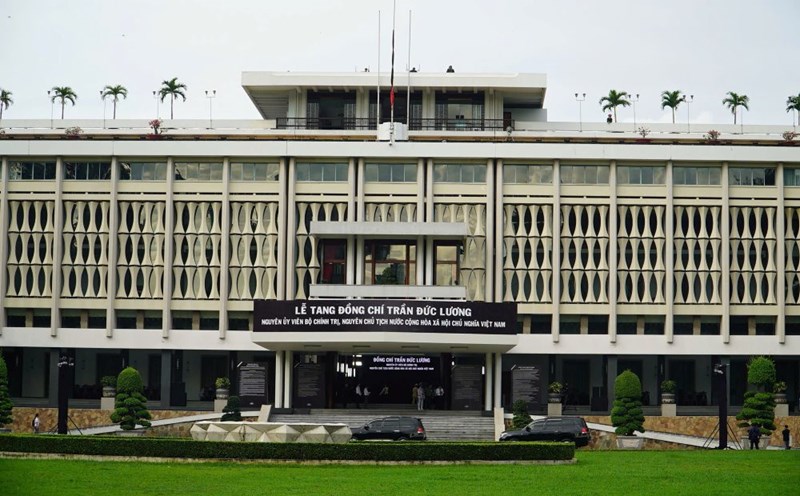Associate Professor, Dr. Mai Duy Ton - Director of the Stroke Center, Bach Mai Hospital - warned that despite many advances in treatment, the risk of stroke recurrence in people with atrial fibrillation is still at an alarming level. A new study published in the journal JAMA Neurology shows that even after being treated with properly regulated anticoagulants, many patients are still at higher risk of stroke recurrence, even higher than imagined.
Synthesizing data from 23 studies with more than 78,000 patients with atherosclerosis in each stroke, scientists found that the average rate of local anemia stroke recurrence is 3.75% per year. More worryingly, for the group who used anticoagulants (OAC) but still had a stroke, the rate increased to 7.2% per year.
That means that for every 6 patients with primary trembling stroke, 1 person is likely to have a recurrence within 5 years - a number that is enough to make the entire medical community startled.
However, the incubation rate of endocrinoglycemia - a potential complication of anti-cold treatment - also reached 1.4% per year in the group that had recurred, compared to 0.58% in the general group.
Associate Professor, Dr. Mai Duy Ton - Director of the Stroke Center, Bach Mai Hospital - added: "This is a big challenge in current treatment. We cannot rest assured even though the patient has been treated preventively.
He emphasized three remaining spells to reduce the risk of recurrence:
Adher to absolute treatment: Do not arbitrarily stop taking medication or change the dosage. The use of anticoagulants must comply with the prescription of a specialist.
Regular check-ups: Help evaluate treatment effectiveness and adjust promptly if necessary.
Control accompanying diseases: High blood pressure, diabetes, high blood fat or obesity all contribute to increasing the risk of stroke.
In addition, he recommends that patients maintain a healthy lifestyle, avoid alcohol and tobacco; eat scientifically and exercise reasonably. In particular, it is necessary to remember the warning signs of stroke: Facial slurred vision - Weakness of limbs - Language disorder - Time to seek emergency care, and call 115 immediately if detecting any abnormalities.
Not only a problem for patients, recurrent strokes caused by arrhythmia are a burden for the whole community.











